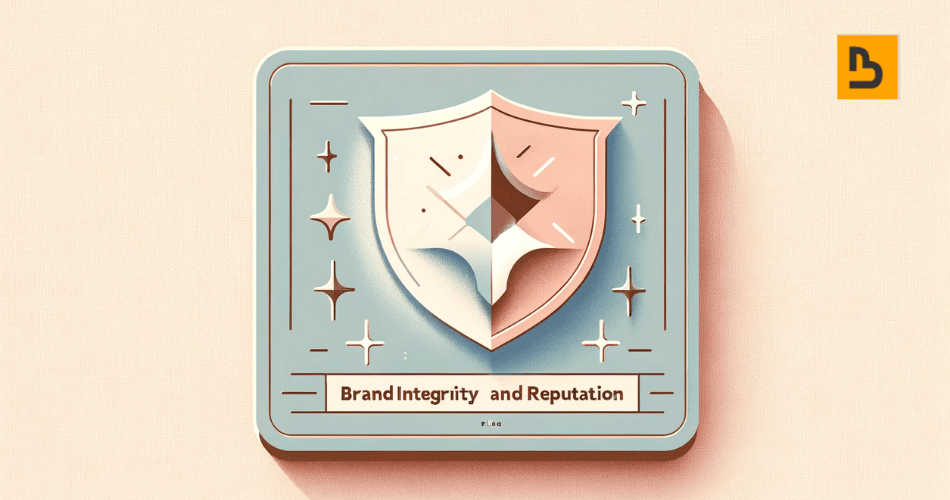This article is provided by James Daniel
Maintaining a sterling reputation in business is paramount. Central to this is product integrity, which refers to the quality, reliability, and safety of a company’s offerings. Ensuring product integrity is not merely a regulatory or ethical obligation but a strategic imperative that can significantly influence a business’s long-term success and market standing.
Building Consumer Trust
One of the most critical aspects of product integrity is the trust it fosters among consumers. Trust is the bedrock of any customer relationship. When a company consistently delivers products that meet or exceed expectations, it builds a loyal customer base. Consumers who trust a brand are more likely to make repeat purchases, provide positive word-of-mouth recommendations, and remain loyal even in the face of competitive offerings. Conversely, if a product fails to meet quality standards, it can lead to customer dissatisfaction, negative reviews, and a tarnished brand image. One of the most effective ways to maintain product integrity is ensuring that it is packaged correctly. If you run a business in food or pharma, you can get thermal packaging to keep products at their best, preventing spoilage and consumer disappointment.
Regulatory Compliance and Legal Protection
Adherence to regulatory standards is another dimension of product integrity. Regulatory bodies across various industries set stringent guidelines to ensure product safety and reliability. Companies that prioritize product integrity invest in rigorous testing and quality assurance processes to meet these standards. Non-compliance can result in legal repercussions, including fines, sanctions, and product recalls, which can be financially devastating and harm the company’s reputation. A commitment to regulatory compliance not only protects the company from legal issues but also reassures consumers of the product’s safety and quality.
Competitive Advantage
In a crowded marketplace, product integrity can serve as a key differentiator. Companies that emphasize the quality and reliability of their products can distinguish themselves from competitors who may prioritize cost-cutting at the expense of quality. High product integrity can be a unique selling proposition, attracting discerning customers who value excellence. Moreover, a reputation for superior product integrity can enhance a company’s brand equity, allowing it to command premium pricing and achieve higher profit margins.
Long-term Profitability
Investing in product integrity also correlates with long-term profitability. While ensuring high quality and safety standards may involve upfront costs, it can prevent more significant expenses down the line. Poor product integrity can lead to defects, malfunctions, or health hazards, necessitating costly recalls, repairs, or replacements. Additionally, addressing customer complaints and managing negative publicity requires substantial resources. By contrast, products with high integrity result in fewer returns and repairs, reducing operational costs and protecting profit margins.
Innovation and Continuous Improvement
Product integrity drives continuous improvement and innovation. To maintain high standards, companies must stay abreast of technological advancements, emerging trends, and evolving consumer preferences. This proactive approach encourages a culture of innovation, where continuous improvement is not just a goal but a core principle. Companies that consistently innovate and enhance their products stay relevant and competitive, ensuring sustained market success.
Corporate Social Responsibility
Finally, product integrity is a reflection of a company’s commitment to corporate social responsibility (CSR). Ethical business practices, including the production of safe and reliable products, demonstrate a company’s dedication to social and environmental well-being. Consumers and stakeholders are increasingly mindful of CSR, and companies that uphold these values can enhance their reputation and foster goodwill within the community.
Product integrity is crucial to maintaining and enhancing business reputation. It builds consumer trust, ensures regulatory compliance, provides a competitive edge, supports long-term profitability, drives innovation, and underscores a commitment to corporate social responsibility. In a world where consumer expectations are continually rising, prioritizing product integrity is good business practice and essential for sustained success and reputation management.
James Daniels is a freelance writer, business enthusiast, a bit of a tech buff, and an overall geek. He is also an avid reader, who can spend hours reading and knowing about the latest gadgets and tech, whilst offering views and opinions on these topics.

